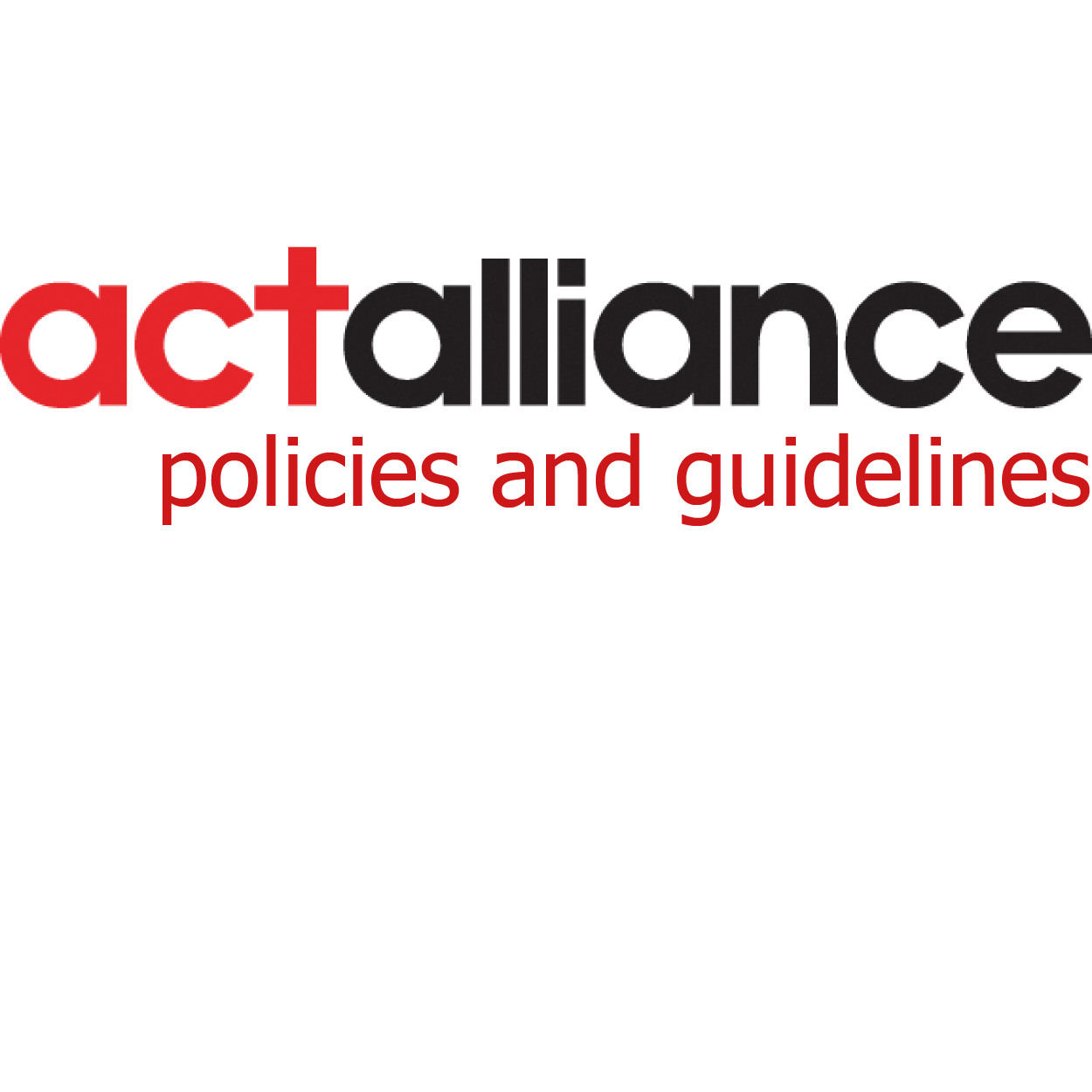Civil society organisations are a vibrant and essential feature in the democratic life of countries across the globe. CSOs collaborate with the full diversity of people and promote their rights. The essential characteristics of CSOs as distinct development actors – that they are voluntary, diverse, non-partisan, autonomous, non-violent, working and collaborating for change – are the foundation for the Istanbul principles for CSO development effectiveness. These principles guide the work and practices of civil society organizations in both peaceful and conflict situations, in different areas of work from grassroots to policy advocacy, and in a continuum from humanitarian emergencies to long-term development.
1. Respect and promote human rights and social justice
CSOs are effective as development actors when they … develop and implement strategies, activities and practices that promote individual and collective human rights, including the right to development, with dignity, decent work, social justice and equity for all people.
2. Embody gender equality and equity while promoting women and girls’ rights
CSOs are effective as development actors when they … promote and practice development cooperation embodying gender equity, reflecting women’s concerns and experience, while supporting women’s efforts to realize their individual and collective rights, participating as fully empowered actors in the development process.
3. Focus on people’s empowerment, democratic ownership and participation
CSOs are effective as development actors when they … support the empowerment and inclusive participation of people to expand their democratic ownership over policies and development initiatives that affect their lives, with an emphasis on the poor and marginalised.
4. Promote Environmental Sustainability
CSOs are effective as development actors when they … develop and implement priorities and approaches that promote environmental sustainability for present and future generations, including urgent responses to climate crises, with specific attention to the socio-economic, cultural and indigenous conditions for ecological integrity and justice.
5. Practice transparency and accountability
CSOs are effective as development actors when they … demonstrate a sustained organizational commitment to transparency, multiple accountability, and integrity in their internal operations.
6. Pursue equitable partnerships and solidarity
CSOs are effective as development actors when they … commit to transparent relationships with CSOs and other development actors, freely and as equals, based on shared development goals and values, mutual respect, trust, organizational autonomy, long-term accompaniment, solidarity and global citizenship.
7. Create and share knowledge and commit to mutual learning
CSOs are effective as development actors when they … enhance the ways they learn from their experience, from other CSOs and development actors, integrating evidence from development practice and results, including the knowledge and wisdom of local and indigenous communities, strengthening innovation and their vision for the future they would like to see.
8. Commit to realising positive sustainable change
CSOs are effective as development actors when they … collaborate to realize sustainable outcomes and impacts of their development actions, focusing on results and conditions for lasting change for people, with special emphasis on poor and marginalized populations, ensuring an enduring legacy for present and future generations.
Guided by these Istanbul principles, CSOs are committed to take pro-active actions to improve and be fully accountable for their development practices. Equally important will be enabling policies and practices by all actors. Through actions consistent with these principles, donor and partner country governments demonstrate their Accra Agenda for Action pledge that they “share an interest in ensuring that CSO contributions to development reach their full potential”. All governments have an obligation to uphold basic human rights – among others, the right to association, the right to assembly, and the freedom of expression. Together these are pre-conditions for effective development.
CSO-Istanbul-Dev-Eff-Principles_Dec2010_English
CSO-Istanbul-Dev-Eff-Principles_Dec2010_French
CSO-Istanbul-Dev-Eff-Principles_Dec2010_Spanish

